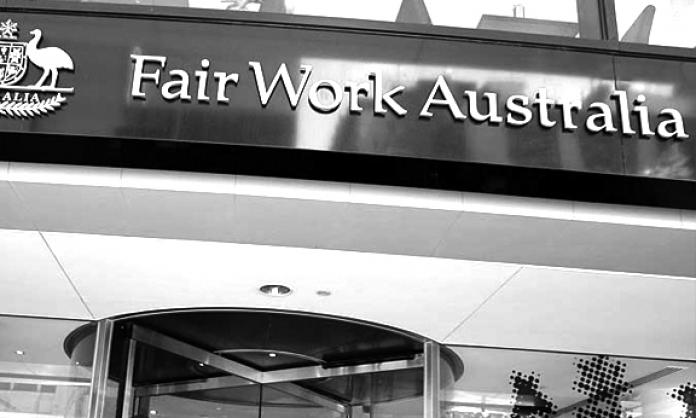The Fair Work Commission has delayed its much anticipated decision on penalty rates. It has reopened the window for evidence to be submitted in order to give the bosses an opportunity to bolster their argument that the rates in the fast food, retail and hospitality awards should be cut.
The commission is seeking further information about a survey that the Australian Industry Group, an employers association, is using to argue that workers prefer to work on Sunday and weekends generally. Farcically, the bosses’ survey was directed at workers at Hungry Jack’s and McDonald’s despite neither fast food giant actually paying its workers according to the awards being reviewed. Instead, these workers are employed under sub-award enterprise agreements that have already abolished Saturday penalty rates and significantly lowered Sunday rates.
The decision to give the bosses yet another chance to make their case for wage cuts comes after businesses across the retail and fast food sectors have been widely embarrassed by revelations that most large enterprises haven’t been paying award penalty rates for years.
A Fairfax investigation recently showed that more than 60 percent of workers at Hungry Jack’s and McDonald’s earn less than they are entitled to under the Fast Food Award. Similar underpayment figures were found at Woolworth’s and KFC.
In July, after a legal appeal, the commission was forced to throw out the national Coles enterprise agreement for the same reason – it failed the “better off overall test”. Under the law, to be valid, an enterprise agreement must leave workers better off than if they were paid under the award minimums. The payslips of the majority of Hungry Jack’s, McDonald’s and KFC workers show that this rule has been flouted for a long time.
However, the Coles decision is surely now haunting the bosses and the commission itself. It means that the future proper application of the “better off overall test” will derail the bosses’ long time strategy of signing enterprise agreements that undercut the award. Since the decision, enterprise bargaining in the retail and fast food industries has ground to a halt.
There are only two paths out of the impasse: either the union that covers retail and fast food workers, the SDA, does its job and organises workers to pressure employers industrially to sign above-award agreements, or the commission gives the bosses a leg up by smashing the award by cutting penalty rates.
The latter option, which is looking more likely than ever, will mean that satisfying the “better off overall test” will soon be easier for bosses. It could potentially restart the horrific decades-long collusion between the SDA and the bosses, which has so far cost retail and fast food workers billions in lost wages.
Our side has to prepare to fight back or Australia’s lowest paid workers will continue to be hostage to money-hungry parasites and their servants in the state.










